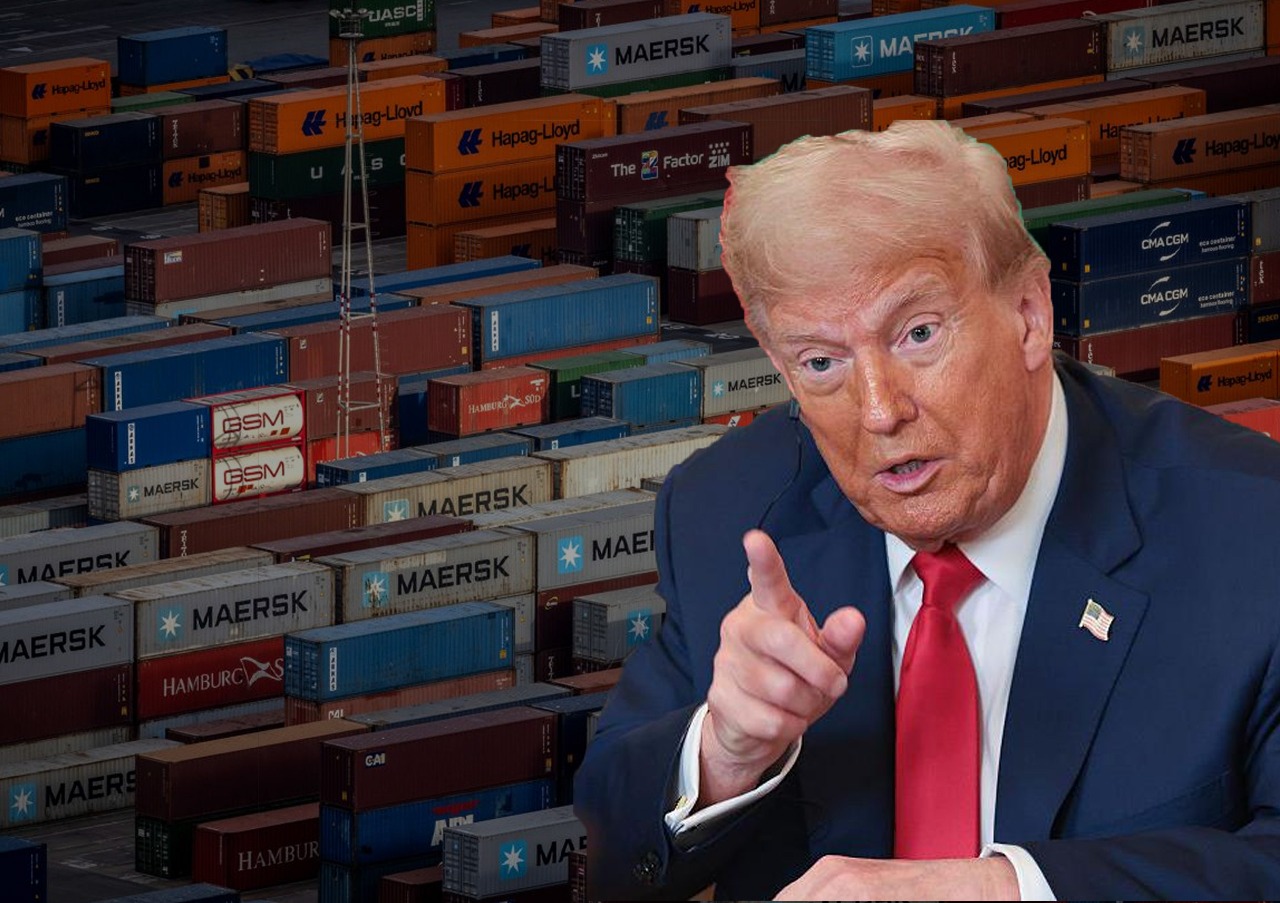
By Sulagna Halder
Washington:
President Donald Trump claimed long standing trade imbalances and raised concerns about border security and cartel activity when he announced on July 12, that the United States would impose a 30% tariff on imports from the European Union and Mexico, effective from August 1.
Both the EU and Mexico quickly condemned the announcement, which was made via signed letters posted on his social media platform. Ursula von der Leyen, president of the European Commission, said the tariffs were "potentially harmful to businesses and consumers on both sides of the Atlantic" and warned that they could disrupt transatlantic supply chains. She emphasised that if the tariffs rise further, the EU "will take all necessary steps to safeguard EU interests, including proportionate countermeasures," even though it is still open to dialogue.
Antonio Costa, the president of the European Council, struck a different tone in Brussels, declaring that the EU would remain "firm, united, and ready to protect its interests." He reiterated the EU's desire for a negotiated agreement by August 1st and emphasised that tariffs are taxes that "fuel inflation, create uncertainty, and hinder economic growth." Mexico denounced the tariffs as "unfair" and a breach of national sovereignty, directly addressing the flashpoint.
President Claudia Sheinbaum highlighted Mexico's significant efforts to combat drug trafficking, including the dismantling of hundreds of illegal labs and the deployment of 10,000 troops to its border. Trump's choice clouded diplomatic progress in spite of these efforts. Marcelo Ebrard, Mexico's Economy Minister, also expressed disapproval, emphasising that the tariffs threatened to end the two countries' long standing $840 billion trade partnership.
This was greeted with caution in the financial markets. Observers raised concerns that the tariffs will disrupt international markets and disrupt the complicated supply chains that connect the US, EU, and Mexico together on the fronts of steel, automobiles, pharmaceuticals, and agriculture.
Trump cited trade deficits and the alleged "non-reciprocal" practices of the EU and Mexico to support his claim that the tariffs were a corrective action. He claimed that imposing sanctions on Mexico would put pressure on it to take stronger action against illegal immigration and cartels. However, a growing diplomatic divide is evident from Mexico's rebuke, which cited long standing border security cooperation, and the EU's pushback, which expressed concern over disruptions to integrated supply chains.
Sheinbaum did not rule out formal retaliatory tariffs, which Mexico has not yet announced. Mexico, on the other hand, is still pursuing talks that might prevent immediate harm. While leaving the door open for last minute talks, Brussels is considering measured countermeasures that could target €95 billion worth of American goods.
Unless an agreement can be reached diplomatically, implementation is set for August 1. Trade talks by ministers in Luxembourg have shown they are ready to apply the international mechanism of the World Trade Organisation to balance any reaction, focusing instead on a balanced and legal reaction instead of incautious retaliation.
The Mexican and EU reactions are an unusual set of resemblances. Both sides are calling for quick talks to prevent economic disruption, even though the US is Mexico's biggest trading partner and the EU is one of its closest allies. The reply indicates the extent that integrated markets are no longer subject to one sided measures.
Trump's more comprehensive tariff policy also applies to other nations, as evidenced by the previously declared 35% duties on Canada, Japan, Brazil, and goods like copper, steel, aluminum, and automobiles. Despite the threats of opposition who say that such policies can negatively affect broader economic interests, such actions have already yielded more than a hundred billion U.S. government revenue.
The tensions boil beneath the surface as August 1 go-live date approaches making important questions no doubt. Will major trade reform and collaboration across borders be provided with the use of deterrent tariffs? Or will tit for tat measures become retaliatory, cutting off economic relations, and with results in the long run to markets, employment and inflation?
The international world is closely monitoring this since what transpires in the next two weeks will transform the character of international trade and economic affiliations enjoyed by the United States of America.